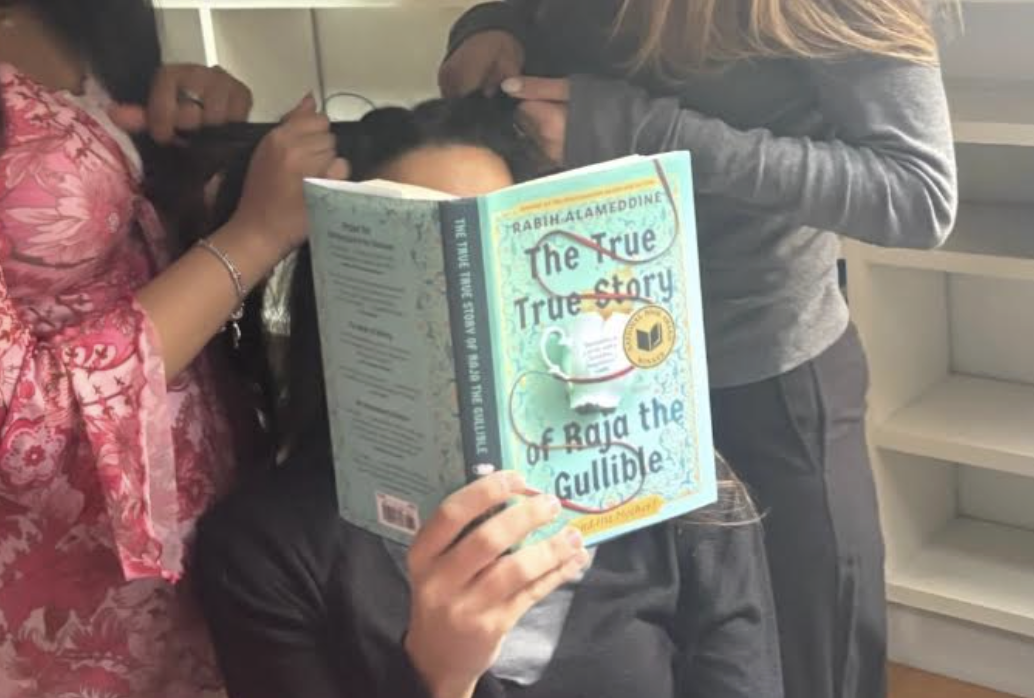The Oscars stir controversy every year, from contentious speeches to questionable wins. Over time, there have been disagreements over the Academy’s selections, with many audience members believing that other films deserved the awards more than the actual winners.
“Emilia Peréz,” a film directed by Jacques Audiard starring Karla Sofia Gascón, Zoe Saldaña, and Selena Gomez, won more awards than “Wicked” directed by Jon M. Chu. Social media immediately took to criticizing “Emilia Peréz,” citing very horribly written and sung songs.
There have been many similar instances in which the Academy members’ selections clashed with the public’s opinion. On April 21, the Academy of Motion Picture Arts and Sciences announced a new change to their rules.
All Academy members must watch all nominated films per category in order to be eligible to vote in the final round of the Oscars.
People immediately took to social media to joke that some controversial wins throughout history make sense. If Academy members weren’t required to watch all nominated films before, then many controversial wins could be the result of a lack of proper regulations.
Many film buffs have argued that voting has been riddled with bias, calling the award show a popularity contest rather than a celebration of artistic greatness.
Films loved by the public have a higher chance of being voted for, which has created bias in the voting process. However, Academy members are now obligated to give all films a chance, which could lead them to make choices that the public will agree with in the future.
This could possibly make space for filmmakers from diverse backgrounds to shine during the voting process. The Academy also included updates to rules for specific categories including Best Picture, Animated Short Film, Cinematography, International Feature Film, and Music.
The Music category had a change in its submission deadline and the Best Picture category updated its requirements for proof of submission. The Animated Short Film and Cinematography categories had a few additions to the new film-watching mandate.
Voting for the nominations round in the animation category will be extended to all Academy members and there will be a preliminary round in the cinematography category to determine the shortlist of films Academy members must watch before the final round.
“With regard to Generative Artificial Intelligence and other digital tools used in the making of the film, the tools neither help nor harm the chances of achieving a nomination,” The Academy wrote. “The Academy and each branch will judge the achievement, taking into account the degree to which a human was at the heart of the creative authorship when choosing which movie to award.”
Many creatives argue that a film that uses artificial intelligence generation shouldn’t be on the same level as one made by a completely human team.
Human creatives have made major technological innovations through film for decades, with franchises such as “Avatar” and “Into the Spiderverse.”








